Taiwan's trade surplus with the United States is significantly smaller than Washington estimates, the economics minister said, a point it hopes to press in its bid to get off the US Treasury's watch list of potential currency manipulators. "This issue has been discussed in several policy rate-setting meetings by the central bank, and we've explained to the US there are differences in the way we calculated the numbers," Minister of Economic Affairs Lee Chih-Kung, who sits on the central bank's board, told Reuters.
Taiwan, which was mentioned by the Treasury last October, appeared again along with China, Japan, South Korea, Switzerland and Germany on the latest list published last week. The semi-annual US Treasury currency report has singled out the trading partners, to curb what the US calls "unfair currency practices".
Taiwan's central bank, concerned about being labelled a currency manipulator by President Donald Trump, has pulled back on intervention to weaken the Taiwan dollar. By the ministry's own calculations, the island's trade surplus with the United States in 2016 was less than half of the $13.3 billion estimated by the US government, he said. He said the United States did not subtract the $4 billion surplus its service sector received from Taiwan, and a $5 billion surplus from re-exports.
"Strictly speaking, Taiwan's trade surplus was only some $4 billion. The central bank is continuing to communicate with the US on these concerns," he added. Lee declined to comment on the exchange rate, only saying that Taiwan's exporters should hedge their forex positions. The Taiwan dollar has strengthened about six percent against the US dollar so far this year.
Lee expects that ongoing discussions with the United States will succeed in getting Taiwan removed from the Treasury's watch list. "Our government has been working on it," said the minister. "We're confident. We're working very hard." The Treasury report said that Taiwan has a track record of asymmetric foreign exchange interventions. The three major thresholds for identifying currency manipulation are a bilateral trade surplus with the United States of $20 billion or more; a global current account surplus of more than 3 percent of gross domestic product, and persistent foreign exchange purchases equal to 2 percent of GDP over 12 months. The report states Taiwan is guilty of two criteria. The central bank oversees the foreign exchange market, while Lee's economics ministry is in charge of energy policy, state-owned companies and economic development.
The government is making a major push to attract green energy investments to Taiwan, the minister said. This will allay concerns from business leaders about power disruptions as Taiwan transitions to halting the use of nuclear energy by 2025. "Global companies are very interested in offshore wind energy projects," said the minister, adding that the market is estimated to grow to T$121.8 billion ($4 billion) in 2025. The ministry has received 22 applications with planned investments of about T$1 trillion, of which half are from foreign investors including Dong Energy and Northland Power.
BR100
15,085
Increased By
112.5 (0.75%)
BR30
44,012
Increased By
987.7 (2.3%)
KSE100
148,618
Increased By
1274.3 (0.86%)
KSE30
45,248
Increased By
370.7 (0.83%)





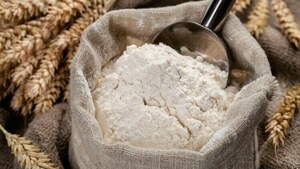







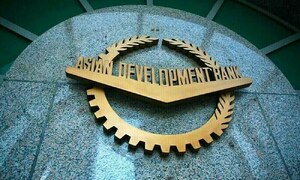

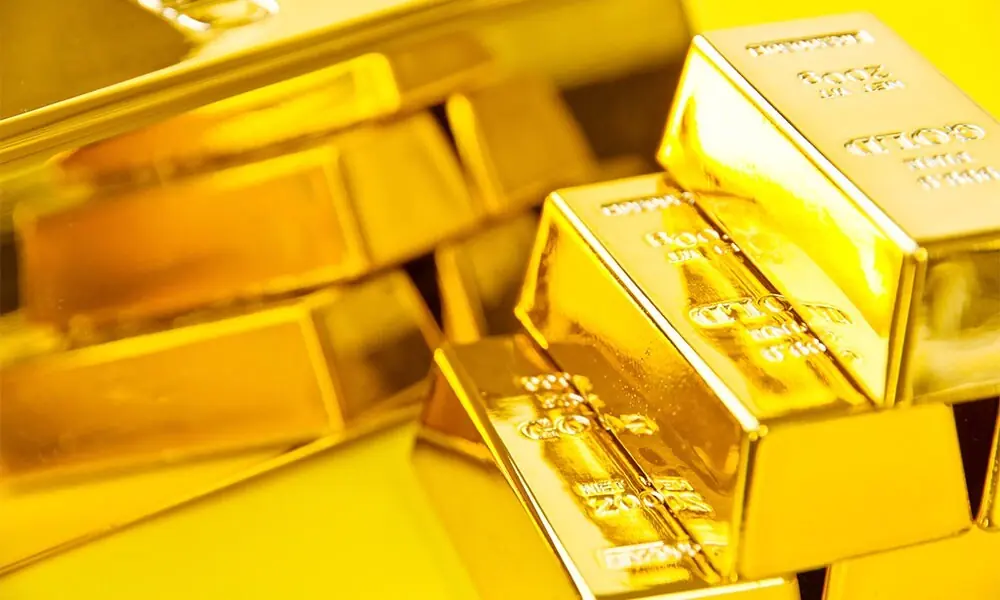
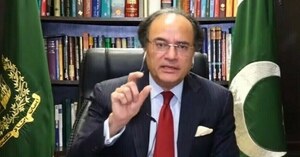


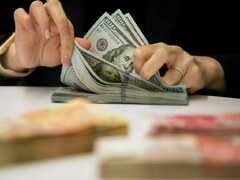

Comments
Comments are closed.